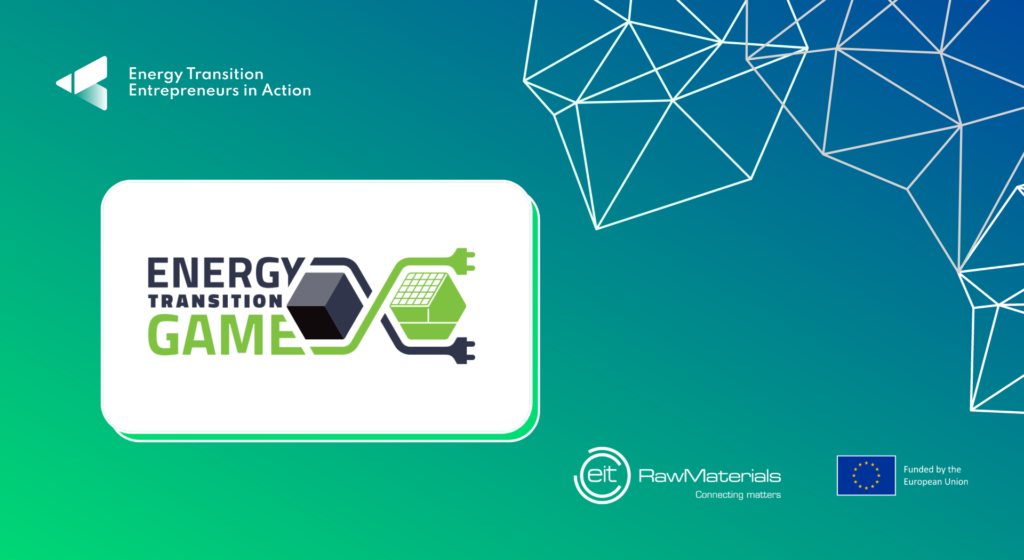
- This event has passed.
The Energy Transition game
September 30 All day
The Energy Transition game
The training is carried out as part of the Energy Transition Entrepreneurs in Action – Developing a Supportive Academic Environment for the Young Talents (ETEIA) project as part of the EIT’s HEI Initiative: Innovation Capacity Building for Higher Education program.
Place: building D4, room 118
The Energy Transition game bases its mechanics on the real challenges faced by decision makers in the process of transforming the energy sector from fossil fuels to renewable energy sources.
During training, each player plays a different role in a complex energy system. Each role has its own range of decisions and responsibilities. Energy producers, like any business, maximize their profits. However, if they ignore the threat to the environment, it will lead to disasters caused by climate change. Innovators bring clean energy technologies to the market. However, the commercialization of new technologies is fraught with high risk and is not always successful. The challenge for the energy distributor is to balance the changing demand (increase in energy demand) and supply (changing weather conditions affecting the production from renewable sources) of energy. The entire system is regulated by the Ministry of Energy in cooperation with other government departments. The government has to deal with constant pressure from consumers to prevent the transition to renewable energy from being at their expense.
Interactive Training
The training will provide you with tools to conduct interactive classes for students.
During the classes, they will be able to consider whether and how the transformation of the energy sector will be successful? Is it possible to stop climate change? What activities will contribute to building a better and just future?
The training will be carried out by experienced trainers of the Association Center for Systems Solutions. It is a non-profit organization that combines theory and practice through the use of various system methods. The Center carries out international and local projects in the field of broadly understood sustainable development. CRS uses systems science, systems thinking, and knowledge management tools and methods to functionally integrate diverse perspectives from business, government, NGOs, and citizens. The Center has experience in interdisciplinary and cross-sectoral projects and research. This experience has been gained in projects financed under the framework programs of the EU, National Science Foundation (USA), GEF, Erasmus +, EIT Climate KIC, EEA and other international and Polish funding schemes.
More information can be found in the attached folder.
Applications for the training are accepted until 30/09/2022.
